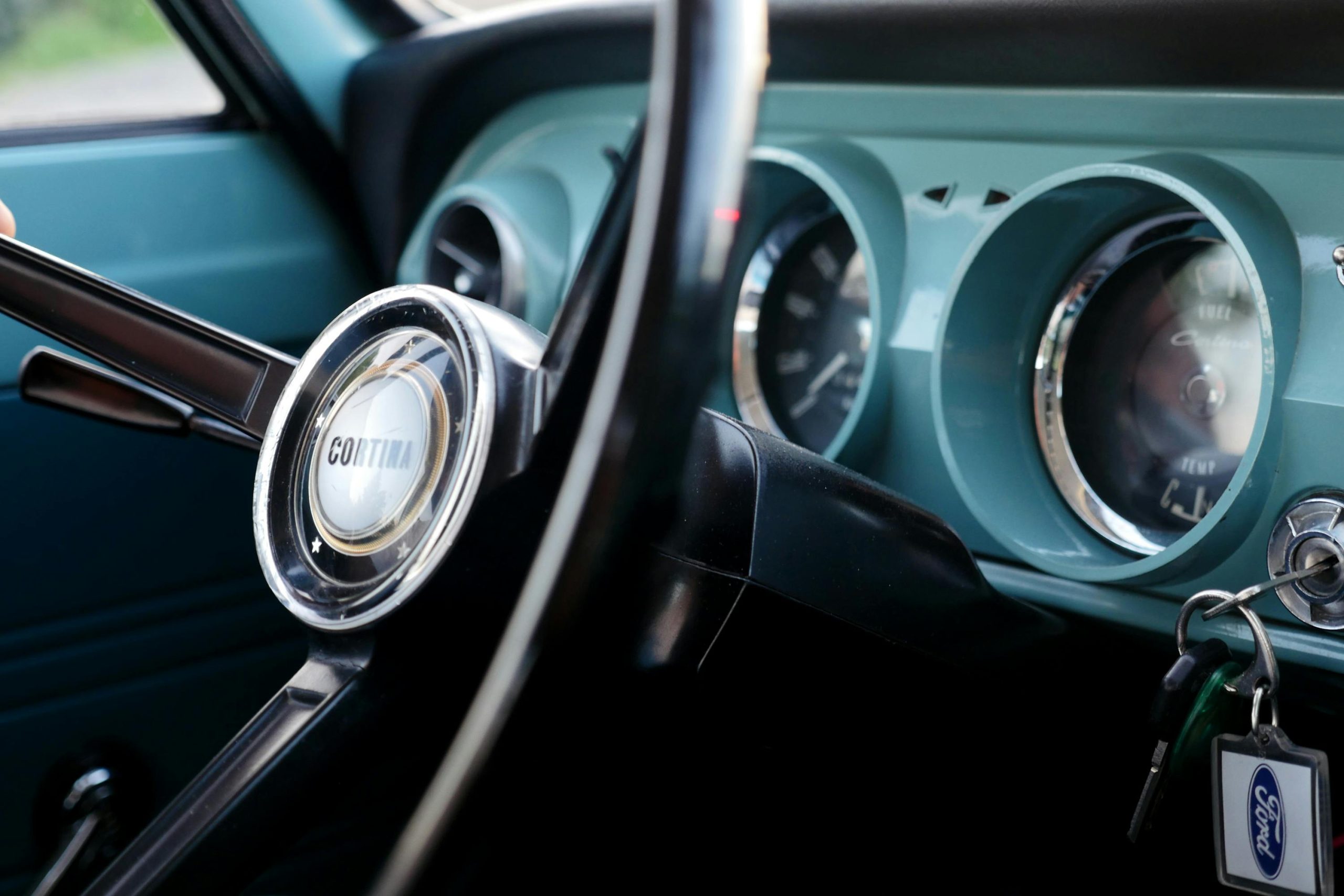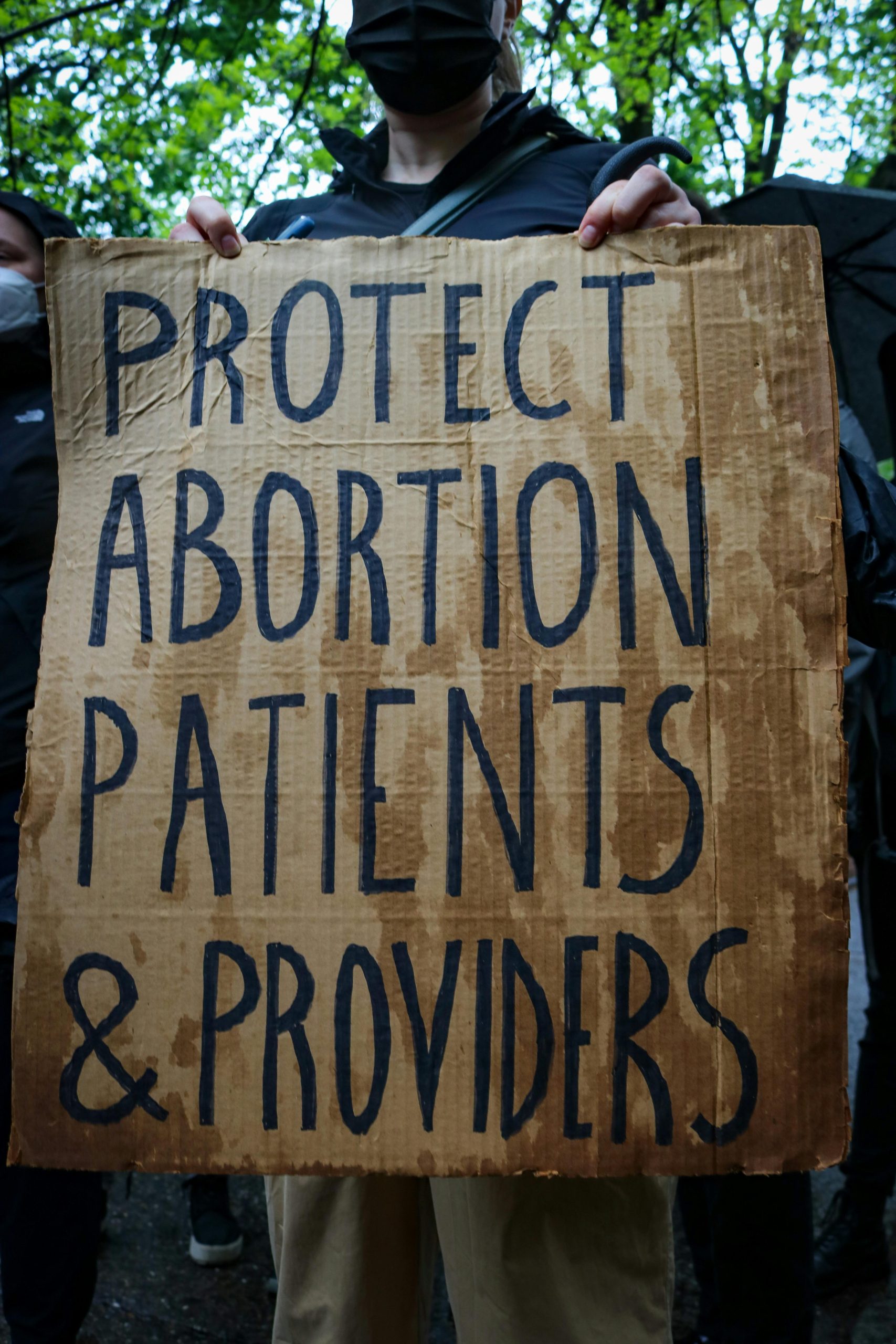What happens after a car involved in an accident is towed away?
Imagine a situation where a car accident occurs and both vehicles are sent to a towing company. If you are the driver who isn’t at fault, what steps should you take regarding your car that’s now at the towing facility?
From what I’ve gathered by speaking with insurance agents, the vehicles typically need to stay at the towing company during the investigation phase. This allows an adjuster to assess the damages.
However, I’ve also seen discussions here suggesting that it’s necessary to retrieve the cars from the towing yard quickly due to accumulating storage fees. If that’s the case, does the person not at fault have to pay to tow their car out? And if so, how can they be sure they’ll get reimbursed for those expenses?
Do insurance companies typically inform claimants early on that they only cover storage fees and related costs up to a certain limit?




After a car accident, if your vehicle is towed to a towing company, there are several steps you should follow as the person not at fault, especially regarding the towing and storage fees:
Contact Your Insurance Company: Notify your insurance company about the accident as soon as possible. They will guide you on the next steps and provide information on how they handle claims and towing expenses.
Understand Storage Fees: Yes, it’s common for towing companies to charge storage fees after a certain period. It’s important to ask your insurance company whether they cover these costs and understand the limits of coverage. Make sure to ask for specifics about how long the vehicle can stay at the towing company before fees start accumulating.
Assess the Situation: If you’re concerned about accruing storage fees, you may want to retrieve your vehicle. In many cases, insurance adjusters can still inspect the vehicle at the towing facility or even after it has been moved to a different location.
Document Everything: Keep detailed records of communication with your insurance company, the towing company, and any fees incurred. This will be valuable if you need to file a claim for reimbursement later.
Inquire About Reimbursement: Before removing your car, check with your insurance company to understand their policy about reimbursing you for towing and storage fees. They may have preferred towing services or guidelines that can mitigate unexpected expenses.
Get an Estimate for Repairs: Once the vehicle is retrieved, you can take it to a repair shop to get an estimate. Make sure to provide this estimate to your insurance company as they will need it to process your claim.
Follow Up Regularly: Keep in touch with your insurance adjuster to ensure that your claim is progressing smoothly. This will help you stay informed about what costs will be covered and how the process is unfolding.
In summary, while it can be concerning to deal with potential fees at the towing company, proactive communication with your insurance provider and thorough documentation of expenses can help ensure that you are covered for any costs incurred due to the accident.